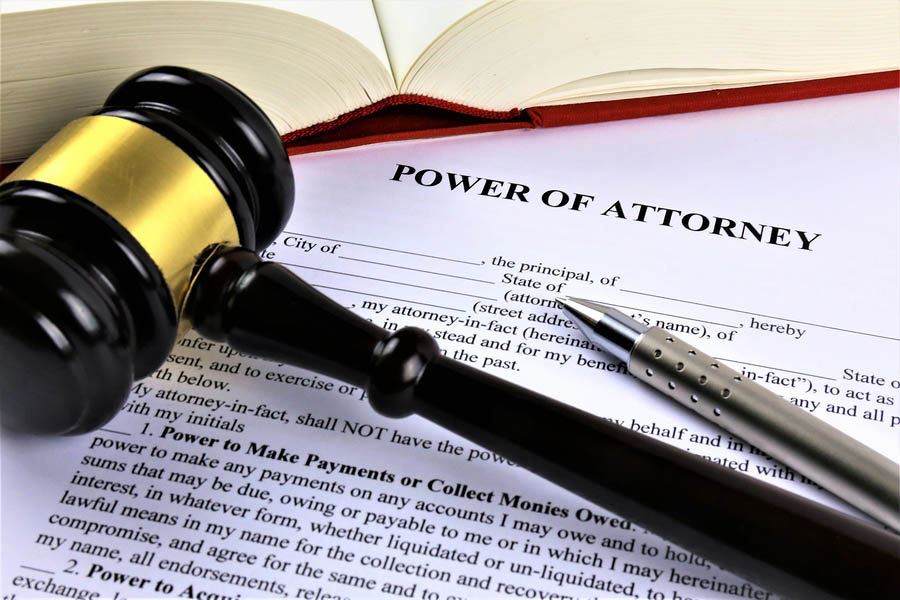The Difference Between Durable and General Power of Attorney
Category:

You might be trying to help an aging parent manage their finances. You might want their wishes to be respected if they become incapacitated from illness. In either case, the document you need is called a power of attorney. It allows you to name an agent who can make decisions on your behalf.
Talking about drafting a power of attorney can be a rare opportunity to broach these issues with loved ones. But the specific powers granted in a POA depend on the language of the document, which is why it’s critical to understand the difference between power of attorney and durable power of attorney.
Power of Attorney Types Differences
There are several types of power of attorney. Among the most common are special, general, and medical power of attorney. A general power of attorney grants wide legal authority to act on a person’s behalf, including filing tax returns, paying bills, borrowing money, and so on. It’s designed to provide an agent with broad powers that don’t require you to predict every possible legal scenario in advance.
By contrast, a special power of attorney is written to be narrow, requiring you to outline every authority that’s granted. It may specify control over a specific set of issues, like business decisions or tax returns, or drafted to refer to a specific illness. Likewise, a healthcare power of attorney provides a narrow scope of authority with respect to allowable medical treatments.
What’s the difference between durable and general power of attorney?
A general power of attorney ends the moment you become incapacitated. It’s an effective legal tool in any number of circumstances, including helping shoulder the legal responsibilities of a loved one. But it isn’t suitable for a variety of important end-of-life decisions because of its lack of durability under duress.
When a power of attorney is durable, that means there’s language within the document which states an agent’s authority continues to apply if you become incapacitated. There is no automatic deadline by which these powers expire. A durable power of attorney stays effective until the principle dies or until they act to revoke the power they’ve granted to their agent.
But there are a handful of circumstances where courts will end durable power of attorney. Most notably, in cases where the principle and agent became divorced but hadn’t updated documents. Another thing to keep in mind is that some states treat power of attorney as durable unless explicitly stated otherwise.
You don’t want to find yourself in a situation where you’re waiting weeks for the courts to help. You don’t want to have to hope the judgement works in your favor or that it works in time to help your loved one. Whether you use a general or special power of attorney, durable or not, it’s important to have one in place. And it’s a good idea to revisit annually to ensure everything remains in order.
Subscribe
Date: September 11, 2018
Category:


